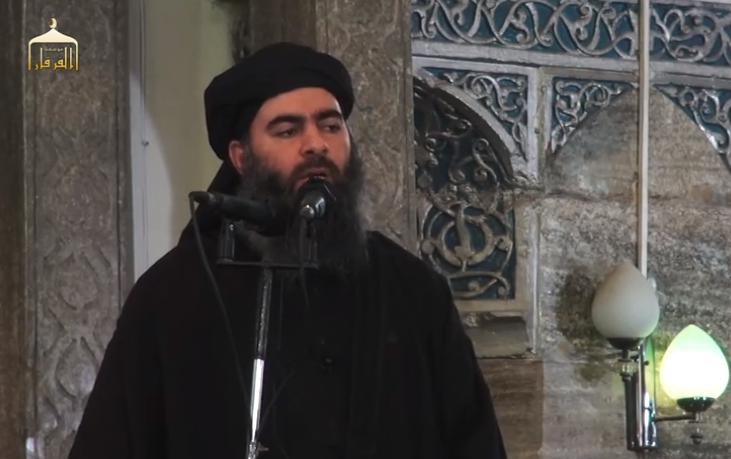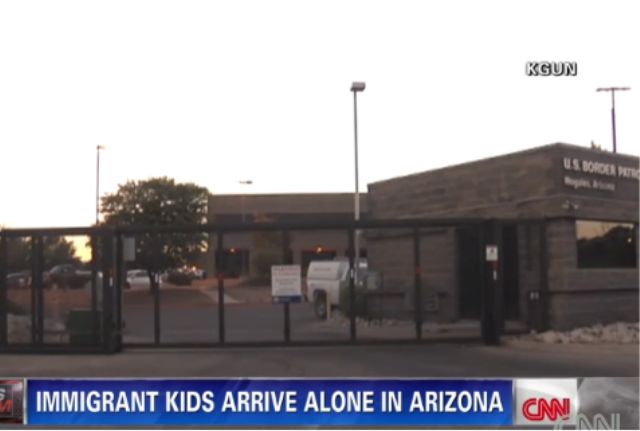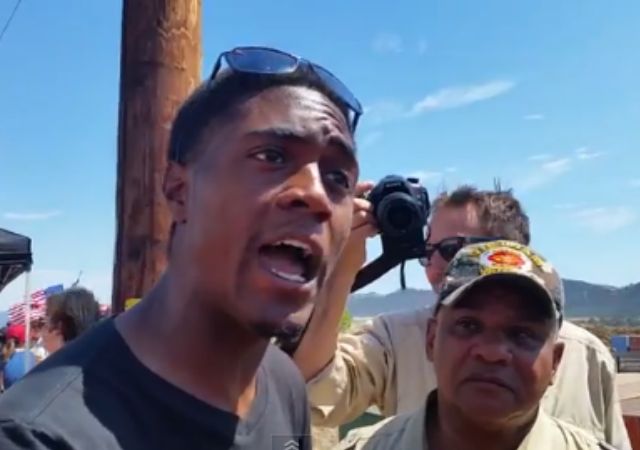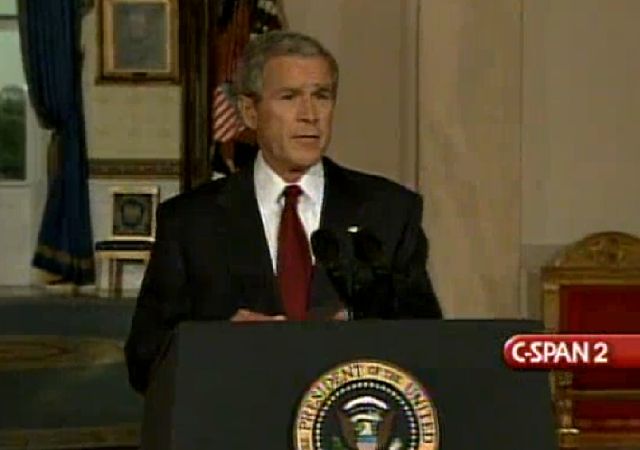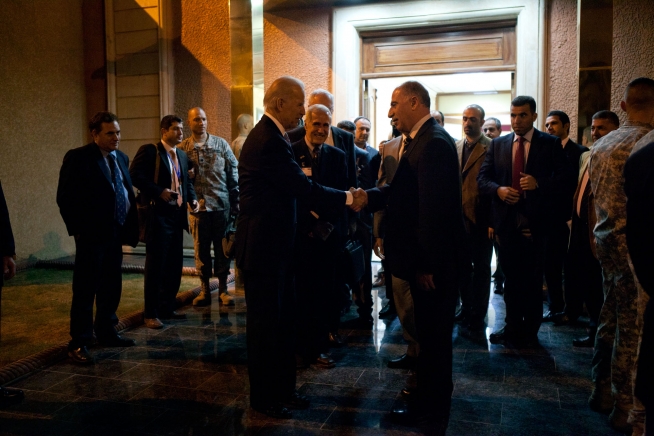Congress been mulling over some sort of amnesty plan for illegal immigrants for a very long time, whether it's been called "amnesty" or whether euphemisms are used to substitute for the word.
But there's a reason Congress hasn't done much about it, and that's because the American people don't want it and Congress is at least
somewhat responsive to the people, despite the fact that many politicians and those who give them money are more interested in amnesty than the general public is.
Past presidents have understand that, too, and have also understood that it's Congress that needs to deal with this for the most part. Until now.
Now we have a president who has the novel idea of completely ignoring the public during his lame duck years. Most presidents are
hampered in their power during lame duck time, and they don't want to do anything to hurt their party's standing with the public and therefore their party's election chances. Obama, again, has the novel idea to ignore the public and hurt his party in the short run for enormous gains in the longer run: a demographic that will be reliably Democratic and will insure the party's hegemony (not to mention his "legacy" as a transformative president) . At least, that's the calculation.
All the Democratic impeachment chatter ("watch out, the evil Republicans are planning to impeach me, aren't they mean and aren't they silly?") is both an attempt to head outrage off at the pass and to pre-characterize it as inappropriate and hateful, and a simultaneous tacit acknowledgement of the tyrannical nature of what Obama is contemplating.
I'm with Patterico
on this:

